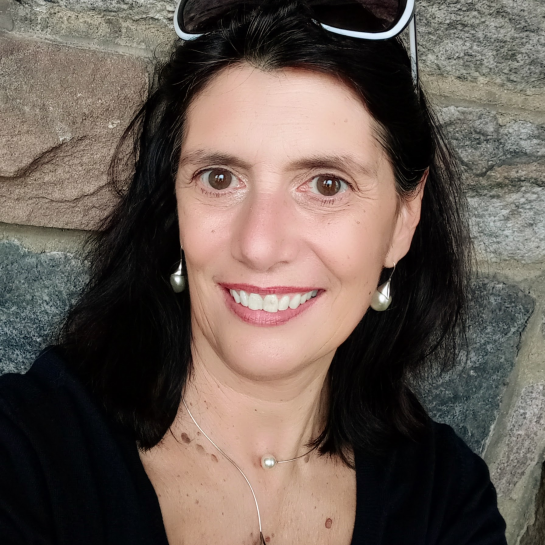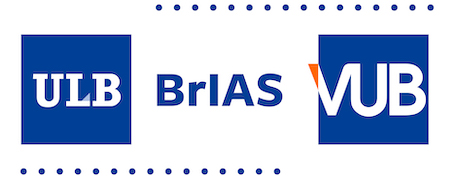
Dr. Laura Motta
Biografie
Laura Motta earned her degree in Classical Archaeology at the University of Pisa with a thesis on the Late Roman farm at Podere S. Mario and the territory of Volaterrae, for which she received the Molly Awlyn Cotton Foundation Research Scholarship. After a brief professional career as CRM archaeologist, she moved to the UK to complete her education and to specialize in environmental archaeology, receiving in 2011 her PhD in Archaeobotany at the University of Cambridge. She then joined the faculty at the University of Michigan where she currently holds a double appointment in the Department of Classical Studies and in PitE, School for the Environment and Sustainability. Since 2016 she is also the co-director of the Bioarchaeology Lab at Kelsey Museum of Archaeology. Motta has a more than thirty years of lab and fieldwork experience in Italy, Greece, Romania, and, more recently, in Egypt and she is the Director of Environmental Archaeology for the Gabii Project.
Research summary
Laura Motta’s field of expertise is in people-environment interactions during the later prehistory and the Roman period, in Italy and in the Mediterranean basin. Her research focuses on the investigation of social complexity in early cities through food redistribution patterns, agricultural practices and landscape modifications. She is currently involved, either as PI or as co-PI, in six research projects, including the EoS funded “AGROS. Agriculture, diet, and malnutrition in Greco-Roman Egypt”. She has published archaeobotanical studies and papers on the geoarchaeology of early Rome, on urbanization processes, on farming systems in Iron Age Central Italy, on isotope analysis of plant, animal, and human remains.
Keywords
Environmental archaeology, archaeobotany, ancient Mediterranean, agricultural systems, foodways
Organisatie informatie
University of Michigan, Ann Arbor
Department of Classical Studies and Program in the Environment -SEAS
MI, 48109
Verenigde Staten
